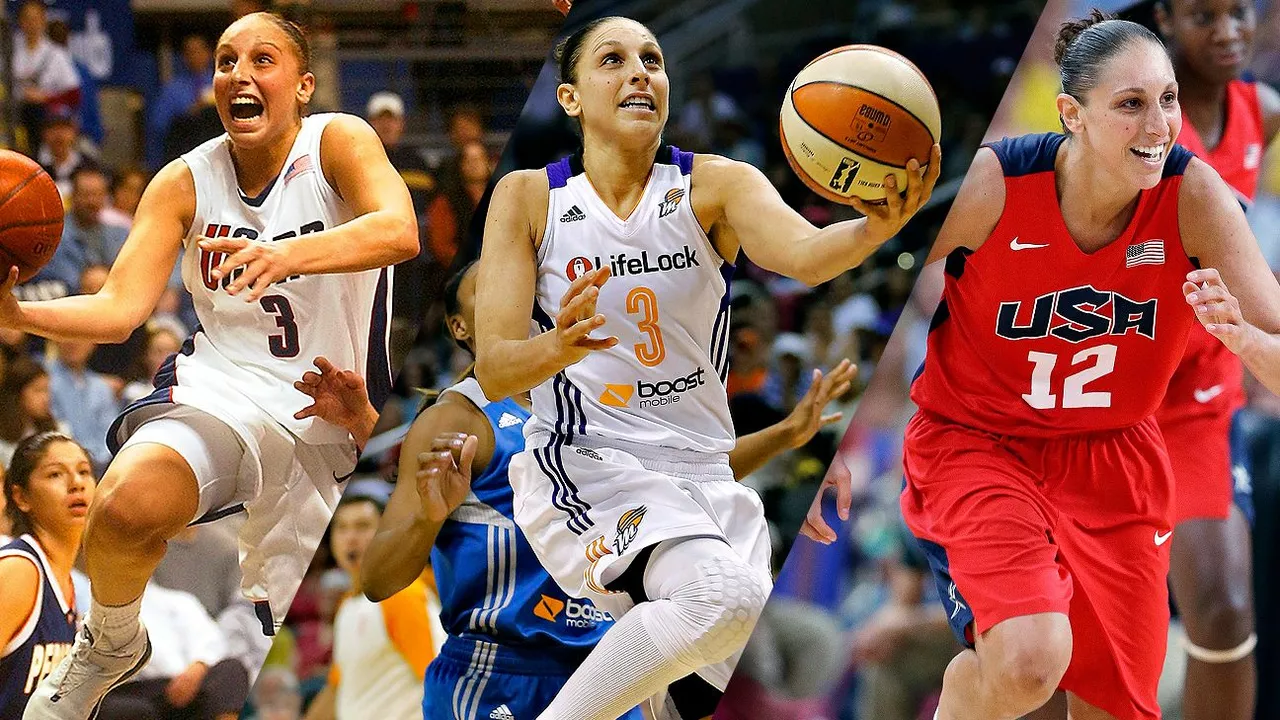Sports and Gender Equality: Should the WNBA Be Abolished?
When you hear someone say the WNBA should be shut down, the reaction is usually strong. Some say the league can’t survive financially, while others see it as a vital platform for women athletes. This page pulls the conversation together, giving you the facts you need to form your own opinion. Let’s break down why the WNBA matters, the money issues it faces, and what a future without it could look like.
Why the WNBA Matters
The WNBA isn’t just another sports league; it’s a cultural touchstone for gender equality. Every time a player scores a dunk or speaks out about social issues, she sends a message that women belong on the biggest stages. Young girls watching those moments get a real‑life example that professional sports aren’t a men‑only club. That kind of representation builds confidence and encourages participation at the grassroots level.
Beyond role models, the league pushes conversations about pay equity, mental health, and LGBTQ+ rights. Players use their platforms to press for better contracts and safer working conditions, and those wins often filter down to other women’s sports. In short, the WNBA acts as a lab for progressive policies that can spread throughout the entire sports ecosystem.
Financial Challenges and Future Options
Money is the biggest elephant in the room. Attendance numbers are lower than the NBA, TV deals bring less revenue, and many teams rely heavily on subsidies from their male counterparts. That’s why you hear headlines about “financial strain.” But it’s not a zero‑sum game. Sponsorships for women’s sports are growing, and brands are eager to reach the passionate fan base the WNBA has cultivated.
One practical solution is to boost community engagement. Local events, school partnerships, and affordable ticket packages can turn occasional fans into season ticket holders. Another angle is to negotiate better broadcast arrangements that put games in prime slots, not the early morning dumps that kill viewership. These steps don’t require a complete overhaul—just smarter, focused investments.
If the league were to disappear, the ripple effect would be huge. High‑school and college programs lose a clear professional path, making it harder to attract top talent. Media coverage of women’s sports would shrink further, and the momentum built around gender‑focused initiatives would stall. The cost of letting the WNBA go isn’t just a loss of games; it’s a setback for the broader fight for equality in athletics.
So, should the WNBA be abolished? The answer depends on whether you value short‑term financial math over long‑term social impact. If you see the league as a catalyst for change, you’ll lean toward growing it, not cutting it. And that’s where fans, sponsors, and policymakers can make a real difference—by treating the WNBA as an investment in a more inclusive sports future.





